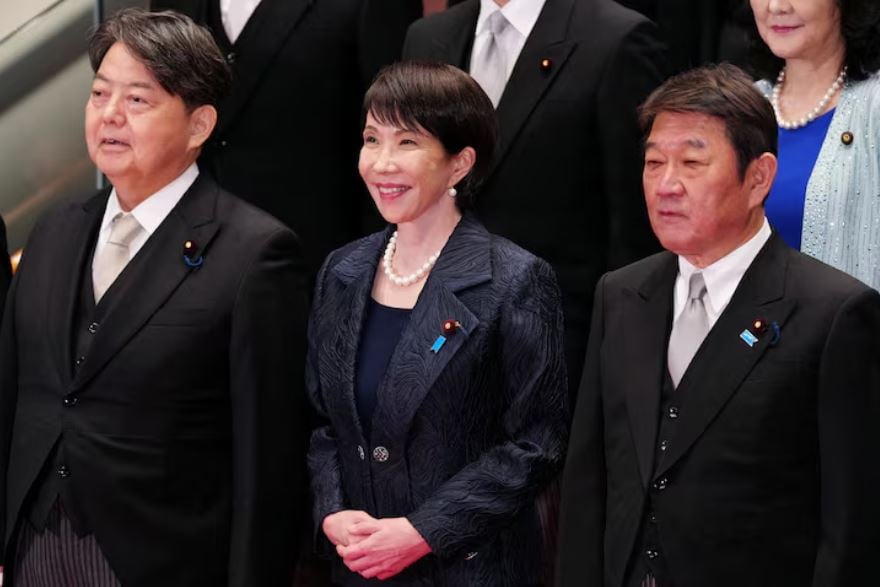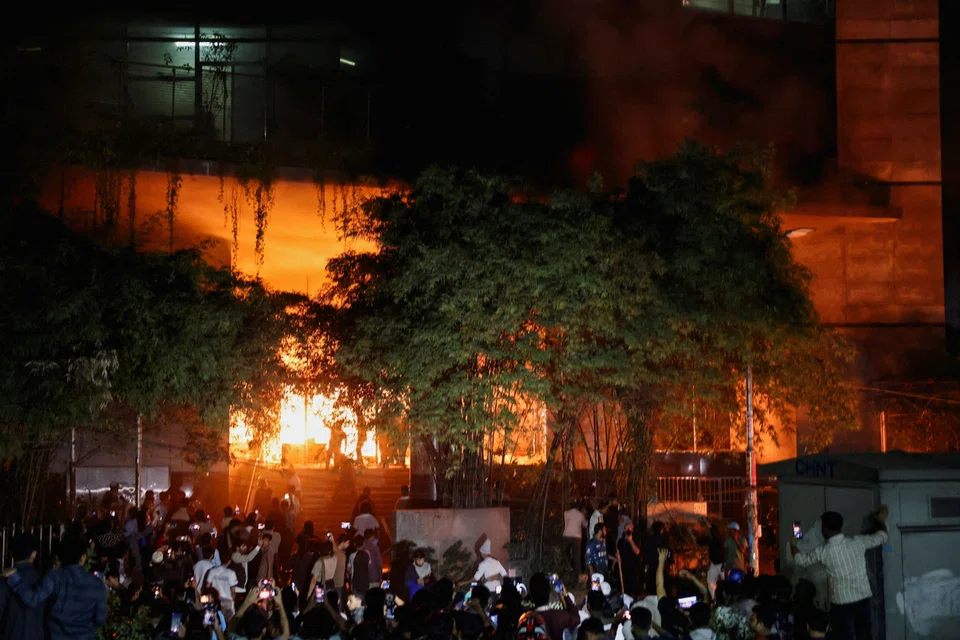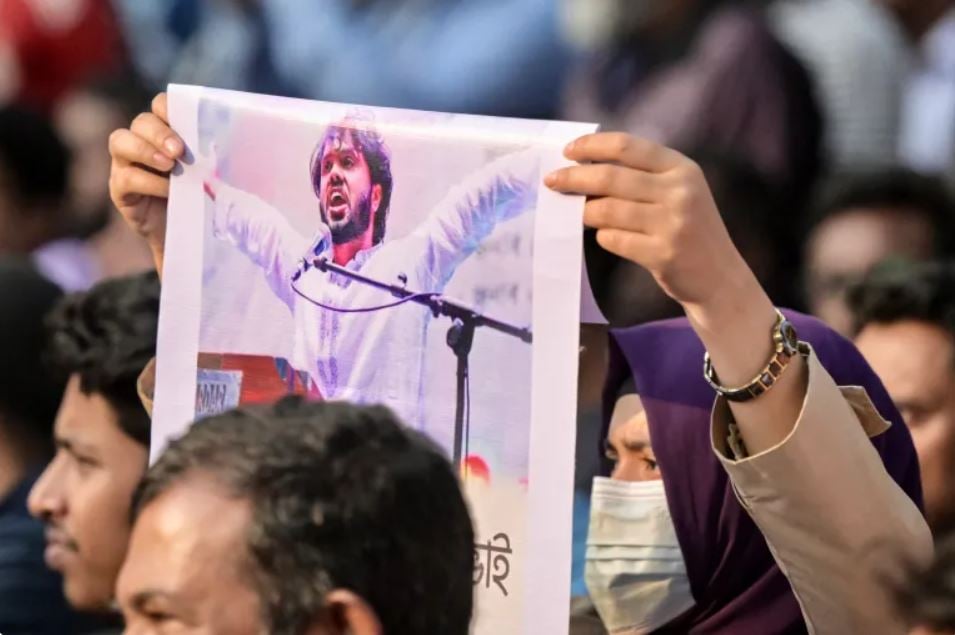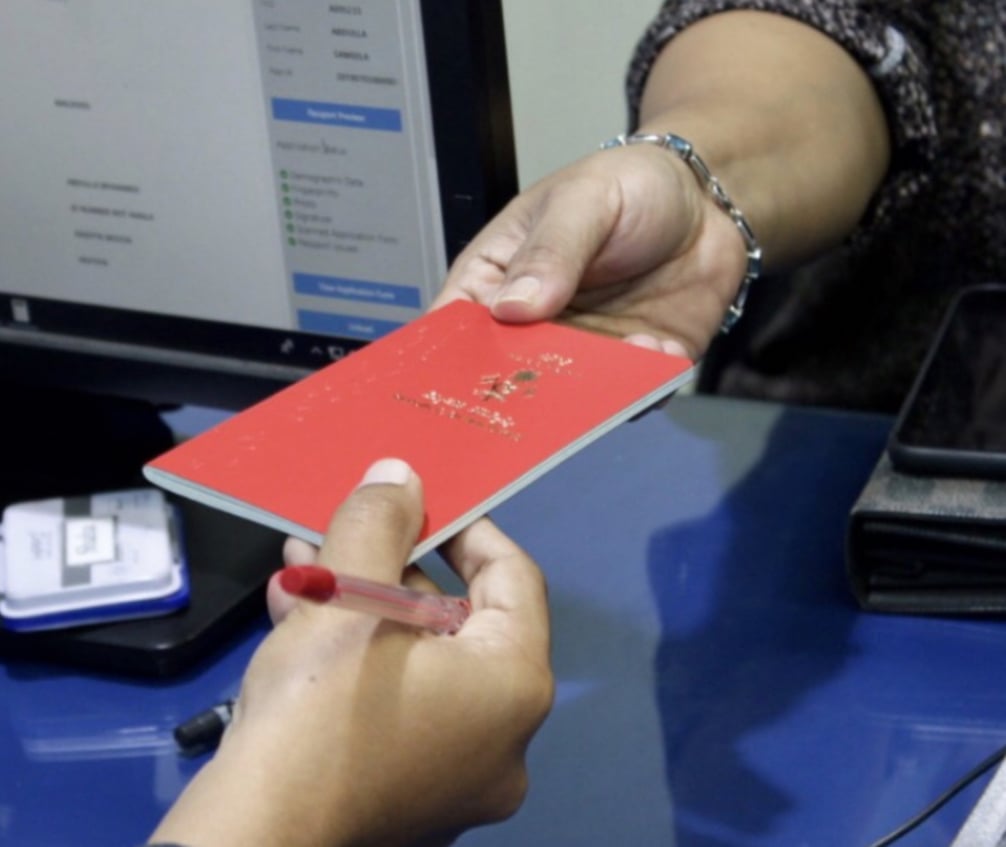Maradhoo MP Ahmed Didi has strongly criticized the government’s new regulations for the tourism sector, warning that they could harm the industry.
The new requirements mandate that resorts deposit $500 per tourist and ensure 20 percent of their income is kept in banks. Didi, a member of the Maldivian Democratic Party (MDP), described these measures as unrealistic and potentially damaging to the Maldives' thriving tourism industry.
He emphasized that local resorts offering packages, such as those priced at $1,000 for double rooms over four nights, would find it impractical to meet the government's $500 deposit mandate.
Didi also pointed out that resort operators already contribute significantly to the state through rent, taxes, and employee pension funds. He explained that profit margins for these businesses typically range from 10 to 20 percent. The new regulations, he argued, could disrupt these operations, particularly since 80 percent of investors in the Maldivian tourism sector are foreign, many of whom expect returns in dollars.
He further noted that tourism revenue is already allocated in a way that 37 percent goes to the Maldives Inland Revenue Authority (MIRA), 10 percent is distributed as service charges to employees, and the remaining 59 percent covers costs like pensions and land rent.
Didi added that forcing resort owners to comply with these new dollar-marking requirements would make the business unsustainable.
Didi’s comments come as the Foreign Exchange Bill, which includes the new regulations, is being debated in parliament. The proposed changes aim to regulate foreign currency flow within the tourism sector, but they have raised concerns among industry stakeholders.
Tourism is one of the Maldives' largest industries, contributing significantly to the national economy. Critics argue that the new financial regulations could undermine the industry’s global competitiveness.
The new requirements mandate that resorts deposit $500 per tourist and ensure 20 percent of their income is kept in banks. Didi, a member of the Maldivian Democratic Party (MDP), described these measures as unrealistic and potentially damaging to the Maldives' thriving tourism industry.
He emphasized that local resorts offering packages, such as those priced at $1,000 for double rooms over four nights, would find it impractical to meet the government's $500 deposit mandate.
Didi also pointed out that resort operators already contribute significantly to the state through rent, taxes, and employee pension funds. He explained that profit margins for these businesses typically range from 10 to 20 percent. The new regulations, he argued, could disrupt these operations, particularly since 80 percent of investors in the Maldivian tourism sector are foreign, many of whom expect returns in dollars.
He further noted that tourism revenue is already allocated in a way that 37 percent goes to the Maldives Inland Revenue Authority (MIRA), 10 percent is distributed as service charges to employees, and the remaining 59 percent covers costs like pensions and land rent.
Didi added that forcing resort owners to comply with these new dollar-marking requirements would make the business unsustainable.
Didi’s comments come as the Foreign Exchange Bill, which includes the new regulations, is being debated in parliament. The proposed changes aim to regulate foreign currency flow within the tourism sector, but they have raised concerns among industry stakeholders.
Tourism is one of the Maldives' largest industries, contributing significantly to the national economy. Critics argue that the new financial regulations could undermine the industry’s global competitiveness.


















